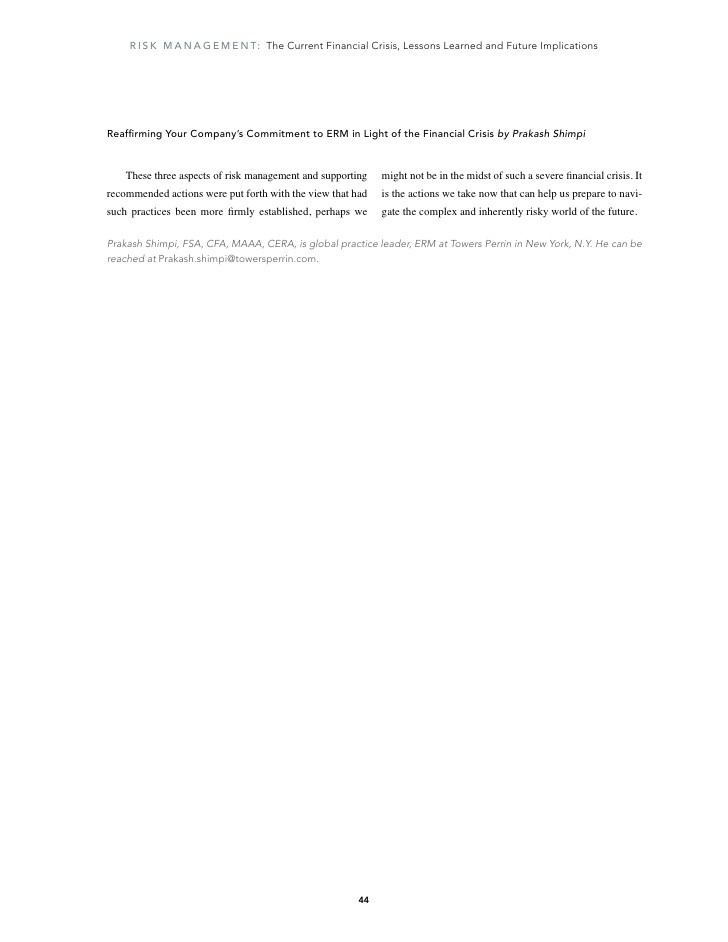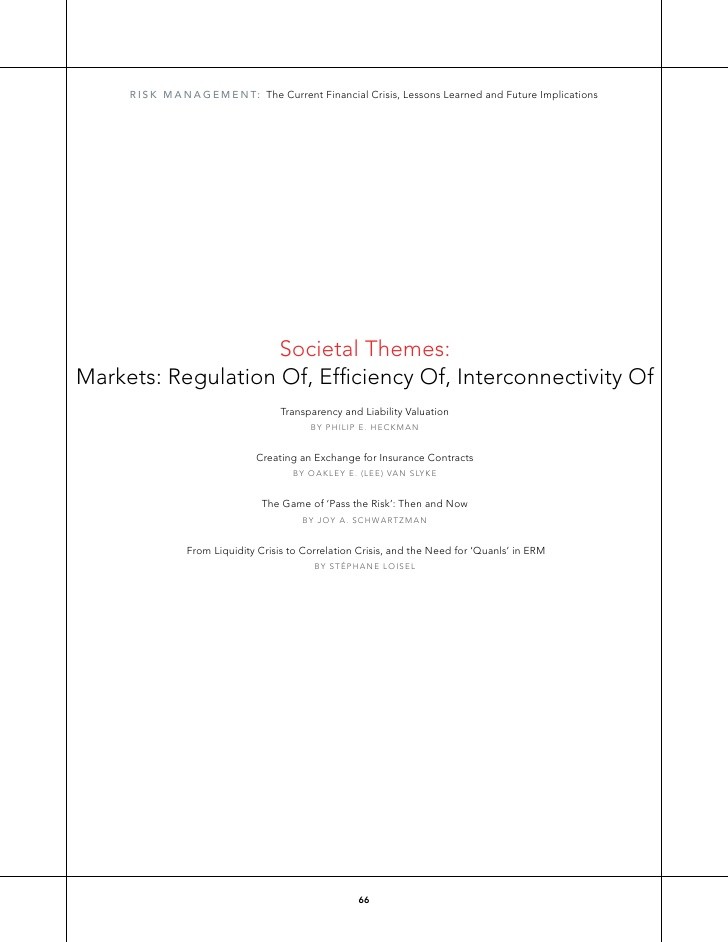Redefining risk Thought Leadership RBC Investor Treasury Services
Post on: 16 Март, 2015 No Comment

Basel III measures mark a step forward for global financial regulatory reform
(4 votes, average: 5.00 out of 5)
Loading.
The aftermath of the global financial crisis has seen industry regulators move to approve a raft of new financial regulatory reforms.
Some reforms, such as those on supervisory convergence and large exposures, had been discussed prior to 2008 and the crisis has since served to hasten their implementation. Others such as those focusing on remuneration were a direct response to the financial crisis. Basel III is one of the best known of these post-financial crisis reforms.
The Basel III proposal addresses two principal areas of prudential supervision: capital adequacy and liquidity. It focuses on three key themes: quality capital, stable funding sources and balance sheet leveraging. Other related regulatory reforms of importance include amendments to European Directives 2006/48/EC and 2006/49/EC collectively known as the Capital Requirements Directive (CRD).
Opportunities and Challenges
Last summer the Institute of International Finance published a report that welcomed proposed regulatory reforms but also warned that they could negatively impact growth in the real economy. Yet just months later, the Basel Committee on Banking Supervision (BCBS) and the Financial Stability Board (FSB) published their own report, which took the opposite view. It has become clear that the views of various stakeholders within the global financial services community differ on the efficacy, impact and implementation of Basel III and that these aspects may be debated for years to come. Despite this, there is general agreement that the rules are necessary. Most banks welcomed the proposed rules in their responses to the December 2009 Basel III consultative drafts and proposed amendments to the CRD.
Conservative ratios, limits and other quantitative measures form the foundation of Basel III and related regulatory reforms. These are helpful indicators that attract significant attention but alone would not prevent another financial crisis. Of greater importance is the risk climate created by Basel III and related regulatory reforms which will have an enduring impact on the way financial services sector businesses approach the risk-reward equation. Future crises are more likely to be averted (or at least mitigated) through strong corporate governance, competent and accountable decision making, effective risk monitoring, adopting a strong risk management culture and maintaining effective dialogue with and among regulatory supervisors. It is also essential that these sound risk management rules do apply to all actors of the financial world, with the same level of requirements, and are not just limited to the European banks, or even banks in general.
New thinking
These are less widely discussed qualitative measures in the regulatory reform packages but they do address the key issue of crisis avoidance/management by imbuing corporate culture and behaviour in a new risk ideology. This is a positive evolution for the financial services sector because it rebalances the risk-reward equation. It should also be of long-term benefit to businesses, as a deeper understanding of risk will allow for a more informed opinion about reward.
Yet question marks remain over some aspects of current financial regulatory reform. Since the start of the crisis in September 2008, the financial services landscape has undergone (and continues to undergo) major structural changes. Indeed, this is a period of great transformation not only for financial services but for underlying assumptions on global capitalism. Can financial regulatory reform keep up and stay relevant in such a fluid environment?
The conditions, drivers and risks of the system today are not same as they were following the much publicised default of US investment bank Lehman Brothers. Under Basel III, for example, sovereign debt is presumed to have low risk credit exposure and to be a high quality liquid asset (HQLA). Yet the unsettling debt crisis in Europe and grumblings of potential downgrades to other major sovereign entities raises some questions about this assumption. In fact the future of credit ratings is itself a somewhat controversial issue.
There has been much talk about minimizing reliance on rating agencies yet current CRD and Basel rules are fundamentally premised on CRA ratings. Regulatory reforms also make assumptions about global currencies at a time when key currencies face historic challenges. Should other key 21st century risks such as information security receive more attention? Also, to what extent will greater regulation in the banking sector lead to a shift in risk to the relatively unregulated non-banking sector (i.e. shadow banking)?

In order to be nimble in a period of great transformation, financial regulatory reform (and the way businesses respond to it) needs to be principle based, not prescriptive and inflexible. This is not to say that Basel III and regulatory reforms ignore principle. Indeed the rules are based on sound principles. The risk, however, is that principle will get lost in the day-to-day grind of business operations. As institutions digest Basel and similar financial regulatory reform, compliance with them should evolve to become embedded within the corporate culture.
Custodian perspective
The global custody industry weathered the financial crisis with resilience in large part because of its conservative risk profile. RBC Investor Services is well positioned to navigate the post-financial crisis regulatory environment. Policy makers and regulators recognize that a “one-size-fits-all” approach to regulation is not always suitable. They have shown an appreciation of the important role that global custodians play in the smooth functioning of financial markets as reflected in parts of Basel III and the CRD. The unique role of global custodians in securing client assets can also be seen in other areas of financial reform such as depository liability under the Directive on Alternative Investment Fund Managers and margin requirements for uncleared swaps for swap dealers and major swap participants under the Dodd-Frank Wall Street Reform and Consumer Protection Act.
Market impacts
While custodians, their clients and other market intermediaries consider their response and readiness for the incoming Basel measures, and despite divergent views on their detail, there is a broad consensus that the changes are necessary to boost market resilience and help restore wider investor confidence.
As this article highlights, the creation of the various Basel measures does represent a concrete step forward in delivering a wide ranging global package of regulatory reform based on sound principles. While their impacts will need to be studied closely in the longer term, the measures could make significant progress in strengthening and improving procedure and practises within the global banking and financial service industry. A pragmatic approach from both regulators and market participants in prescribing and adopting these measures could also play an important role in maximising the benefits of their introduction.
Pierre Munch is Head Credit Risk/Risk Management for Luxembourg, Italy Switzerland and Belgium. David Petiteville is Director, Risk Capital and Reporting Risk Management. Hugo Maureira is Manager, Regulatory Validation, Risk Capital and Reporting














